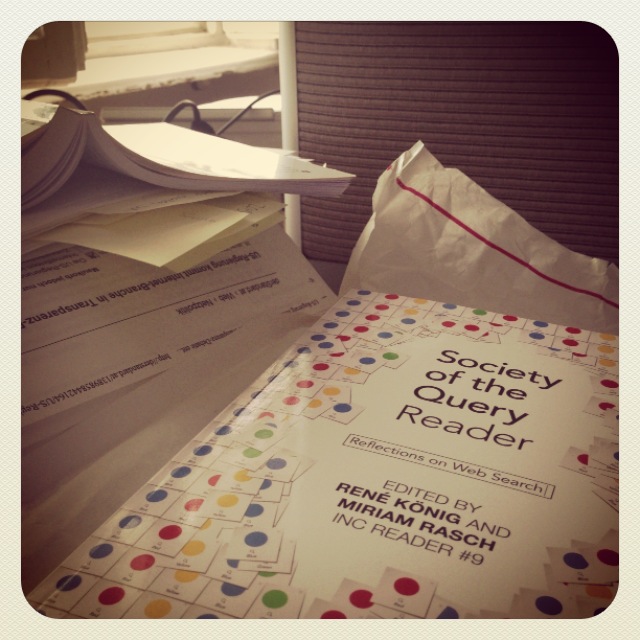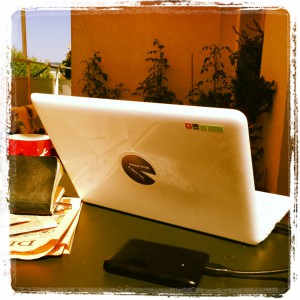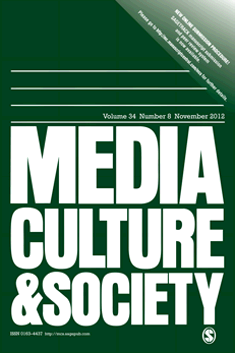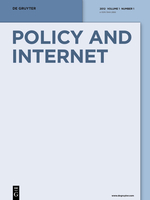This week I spent two sunny days in Graz to attend the STS conference “Critical Issues in Science and Technology Studies”. Doris Allhutter and I organized a panel on the “politics of ICTs”, which turned out to be really interesting! Great presentations, great topics, great participants. Also, we discovered quite a number of overlapping issues and shared interests, which is not always the case with regard to conference panels. I particularly liked the presentations on the material/ technological dimension of ideology and gender relations, sociotechnical/ digital work practices and cultural specificities, and questions on power relations in design practices of ICTs. Anne Dippel struggling with computer problems while talking about bugs in the CERN software and how they affect physicists’ work practices was just one highlight of our panel 😉 I still hope Doris and I will manage to put together a special issue on the fascinating co-emergence of social and digital cultures.
The second highlight of the week was the arrival of the Society of the Query Reader (eds René König & Miriam Rasch; Institute of Network Cultures (INC) reader #9). It’s great to see my contribution on big search and its alternatives in such a nicely designed book. Didn’t the conference designers even get an award for the beautiful flyers, badges and stuff? Anyway, the reader is a wonderful compilation of essays on corporate search engines and alternative styles of search. If interested, you can order or download the book for free (!) more information here..




